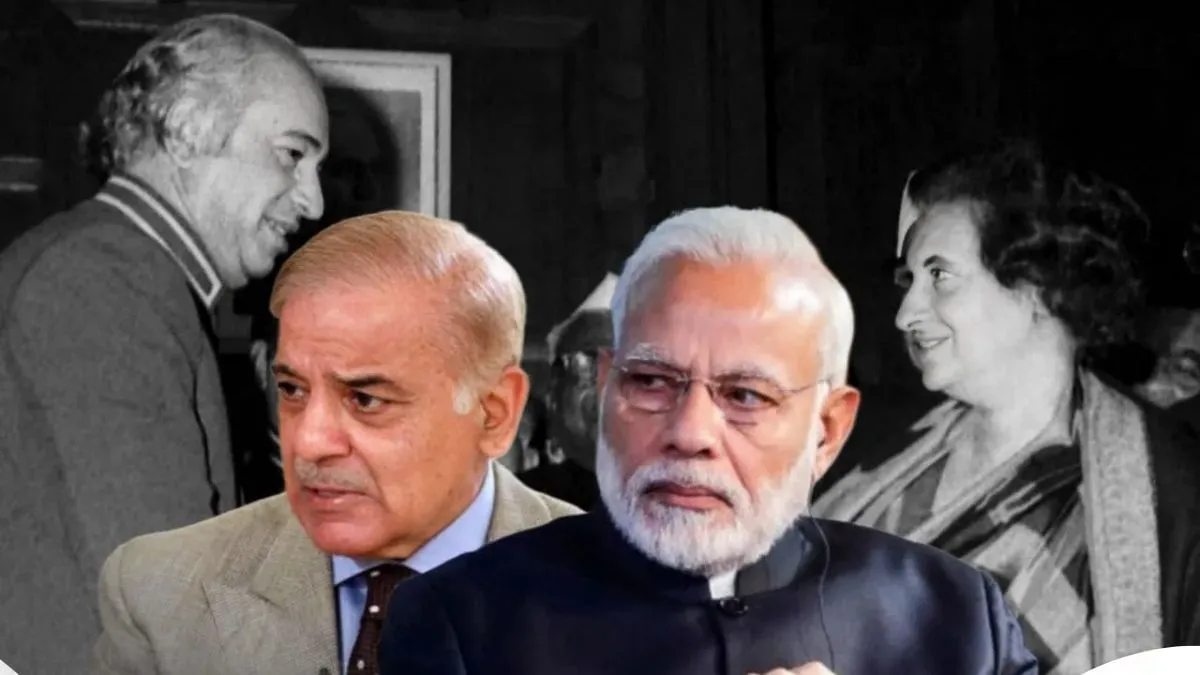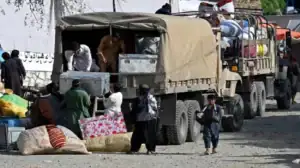Islamabad, June 6, 2025: Seven months following the 1971 conflict which resulted in separation of East Pakistan and the birth of Bangladesh, Pakistan’s President Zulfikar Ali Bhutto and India’s Prime Minister Indira Gandhi convened in Shimla, a hill station in Himachal Pradesh, to restore diplomatic ties.
The Simla Agreement, signed on July 2, 1972, emphasized resolving disputes, particularly Kashmir through peaceful bilateral dialogue. It also called for mutual respect regarding each country’s territorial boundaries, sovereignty, political independence, and a pledge against internal interference.
A key outcome was the renaming of the “Ceasefire Line” to the “Line of Control (LoC),” with both parties agreeing not to alter it independently. Another major result was India’s release of over 90,000 Pakistani prisoners of war captured during the 1971 conflict.
The pact also stated: “Pending the final settlement of any of the problems between the two countries, neither side shall unilaterally alter the situation, and both shall prevent the organisation, assistance or encouragement of any acts detrimental to the maintenance of peaceful and harmonious relations.”
Why is Pakistan’s Warning Important?
International analysts called the Simla Pact a vital, though interim, framework. They said any decision to abandon it would require thorough internal evaluation to ensure it aligns with Pakistan’s national interest.
India interprets the pact as overriding as it claims Kashmir issue is purely a bilateral matter, removing any need of international mediation. Pakistan, however, argues the agreement confirmed the relevance of UNSC directives for a diplomatic resolution.
In 2019, when India revoked the special status of Indian-administered Kashmir, Pakistan accused New Delhi of breaching the Simla Agreement terms.
According to the Vienna Convention on the Law of Treaties, which Pakistan recognizes (but India does not), a significant breach gives grounds for withdrawing from a treaty. Indian analysts however warned that if either side exits the pact, the LoC could become a free-for-all zone raising the risk of direct conflict.
READ MORE: India Violates Indus Water Treaty Many Times, Report
Could Terminating the Simla Agreement Mean War?
Though the pact exists, both nations have conflicts like in Siachen and the 1999 Kargil episode and the most recent Indian strikes on Pakistan in May 2025.
Legal experts believe India has “exploited” the agreement while continuing to made unproven accusations, such as those regarding the Pahalgam attack. Still, it is to be noted that withdrawal would not result in immediate war, but it will shred existing diplomatic relations.
READ MORE: Moody’s Warns Pak-India Tension Could Undermine Recovery
Why is Pakistan Reconsidering the Agreement?
Pakistan hasn’t formally withdrawn from the agreement but only issued a caution. This agreement gives Pakistan the right to represent the matter of Kashmir on international forums.
India’s move to break the Indus Waters Treaty can also be legally interpreted as an act of aggression, affecting 250 million Pakistanis thus justifying defensive this countermeasures. Thus, it can be said that Pakistan threat to exit the Simla Pact is a strategic message aimed at India.









